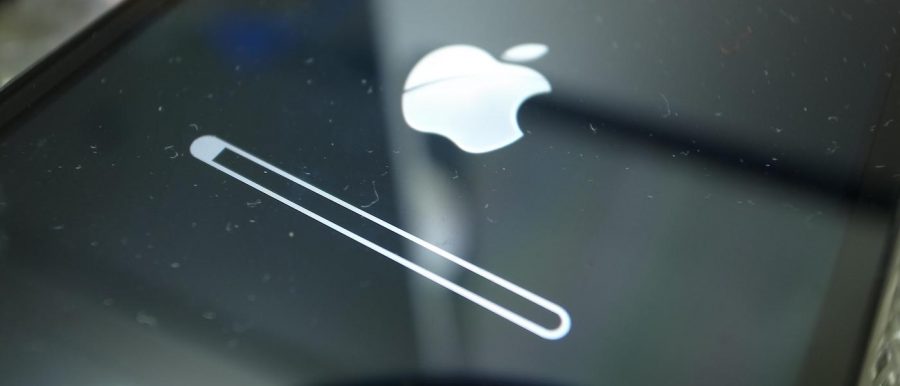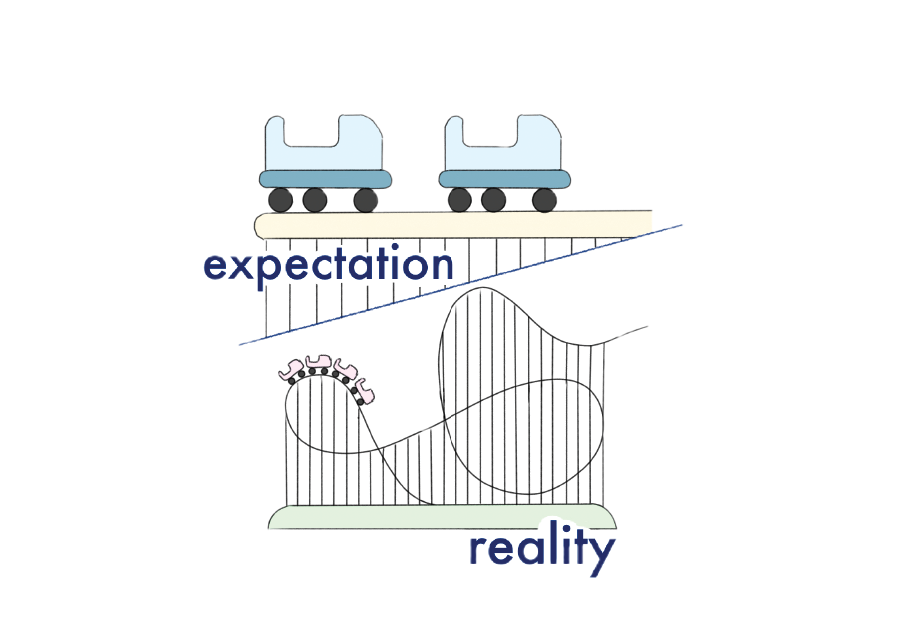Update: A hearing over this issue initially scheduled for March 22 has been postponed. The Justice Department said on March 21 that it may not need Apple’s help in cracking open the Syed Farook’s iPhone. A non-governmental third party has presented a way of opening the phone. This third party has not been named.
This scares me more than if Apple had done written the code. The question now: if successful, what will become of this code?
We have all taken one of our friend’s iPhone and tried to guess his or her passcode. After a couple of tries, we are locked out for a minute. After 10 tries, however, there is a feature that erases all of the data on the phone. This is essentially what the government is trying to do to one of the San Bernardino shooters, Syed Farook without erasing all of the data, and they need Apple’s help doing so.
Syed Farook and his wife, Tashfeen Malik, killed 14 people in San Bernardino, California last December. In a federal court order issued by Magistrate Judge Sheri Pym on Feb. 16, Apple must create a software or create a “backdoor” that would basically crack through the passcode lock and allow the Federal Bureau of Investigation to obtain all of the data on it.
This ruling is based on the All Writs Act of 1789, which requires people and businesses to comply with orders from the court even if they are not directly related to the court case.
Former Assistant Secretary of Homeland Security under George W. Bush and former General Counsel at the National Security Agency Stewart Baker on PBS Newshour gave a really great comparison. He said that if someone jumps into a cab and says there’s a bank robber up ahead and for the cab driver to follow that car, the cab company has an obligation to follow.
This makes complete sense. Having this data would be valuable to the criminal investigation into a terrorist. However, things start to get a little more complicated when the issue of national security versus the right to privacy comes into play.
The thing is, Apple refuses to open the phone (they don’t even have a program written but believe they can do so) and openly opposed this in a letter addressed to its customers.
Right now, if you forget your iPhone passcode, Apple has no way to retrieve your information because they do not have your passcode stored anywhere. Thus, they believe that this will open up the door to a whole slew of other problems. By creating this program, digital security is compromised, including the data of iPhone users.
The FBI just wants to do it for one phone. But if Apple does it for this one phone, they are afraid that cyber criminals can use it to hack into other phones.
But this isn’t just any ordinary phone. It’s a terrorist’s phone.
Apple doesn’t need to release this code that the Justice Department is asking it to write. They simply need to do so on this one phone. In fact, after it’s been used, they can lock it into some super secret underground safe or burn it.
Commentaries are the expressed opinion of the author and do not necessarily reflect that of The Fourcast staff, its adviser or any member of the Hockaday community.













